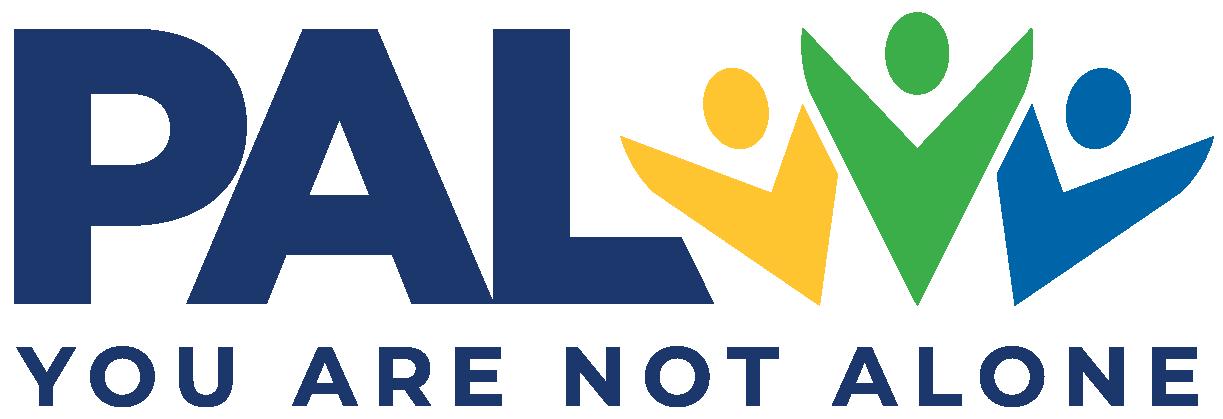A new year (and new decade!) naturally brings with it the tendency to reassess and realign our intentions and goals. We have all probably set New Year’s resolutions with the full intention of keeping them, only to find ourselves back in old patterns within a few days or weeks. What we’ll be discussing here is not about setting a New Year’s resolution, but about how to regain more of your authentic self even in the midst of challenges such as having a loved one who is in their active addiction.
In the dynamic of addiction, the family system often finds techniques to survive the intensity of their loved one’s state in codependent ways. Codependency is a learned behavior where we learn to betray and neglect ourselves. Instead of focusing on our needs, interests, and desires, we start to focus externally. This can look like care taking, enabling, or people pleasing and keeps us from being able to live fully and authentically.
In healing from codependency, we learn something important: We are not responsible for the emotional state of others. It is not up to us to make another person “okay” or fix what he or she may be wrestling with emotionally. People who are emotionally healthy say no, they have limits and boundaries. They can also hear and respect the boundaries of others. They do not neglect themselves to obtain validation, approval, or love and they’ve learned to be at peace with being misunderstood by others. They protect themselves and also have empathy in knowing that this might be triggering for those around them. Emotional health means we place our needs, wants and desires first so we can connect and give authentically to others.
Maybe some of your work in the coming year is to find your authentic self again, or maybe find it for the first time. It can be arduous work, especially if we have been entrenched in codependent patterns for years or decades.
Each New Year, I am brought back to a passage that reminds me of how important it is to take a step forward and reevaluate aspects of life that may no longer serve my authentic self. Deuteronomy chapter 1 tells a story of the Israelites on the journey to the Promised Land. The passage begins with, “It is eleven days’ journey from Horeb by the way of Mount Seir to Kadesh-barnea. In the fortieth year, on the first day of the eleventh month, Moses spoke to the people of Israel…” (Deuteronomy 1:2-3a). What was meant to be an eleven days’ journey took them forty years. You read that correctly. A journey that takes eleven days lasted for forty years. Later on, it reads, “The Lord our God said to us in Horeb, ‘You have stayed long enough at this mountain. Turn and take your journey…’” (Deuteronomy 1:6-7a).
My question to you in this New Year is, what mountain do you need to come down from? Maybe it’s reassessing the ways you have been interacting with your addicted loved one. Maybe it’s a conversation that needs to take place where you clarify your needs or set specific boundaries. Whatever mountain you may need to come down from, I invite you to step into your authentic self. To ask yourself what you might need or desire in different aspects of your life and in various relationships. Dear friends, this is where healing and growth take place.
Grace & peace,
Ashley Worthington, MA, LAC
Living Hope Counseling
Ashley Worthington, MA, LAC, is a guest blogger for PAL and works with Living Hope Counseling
